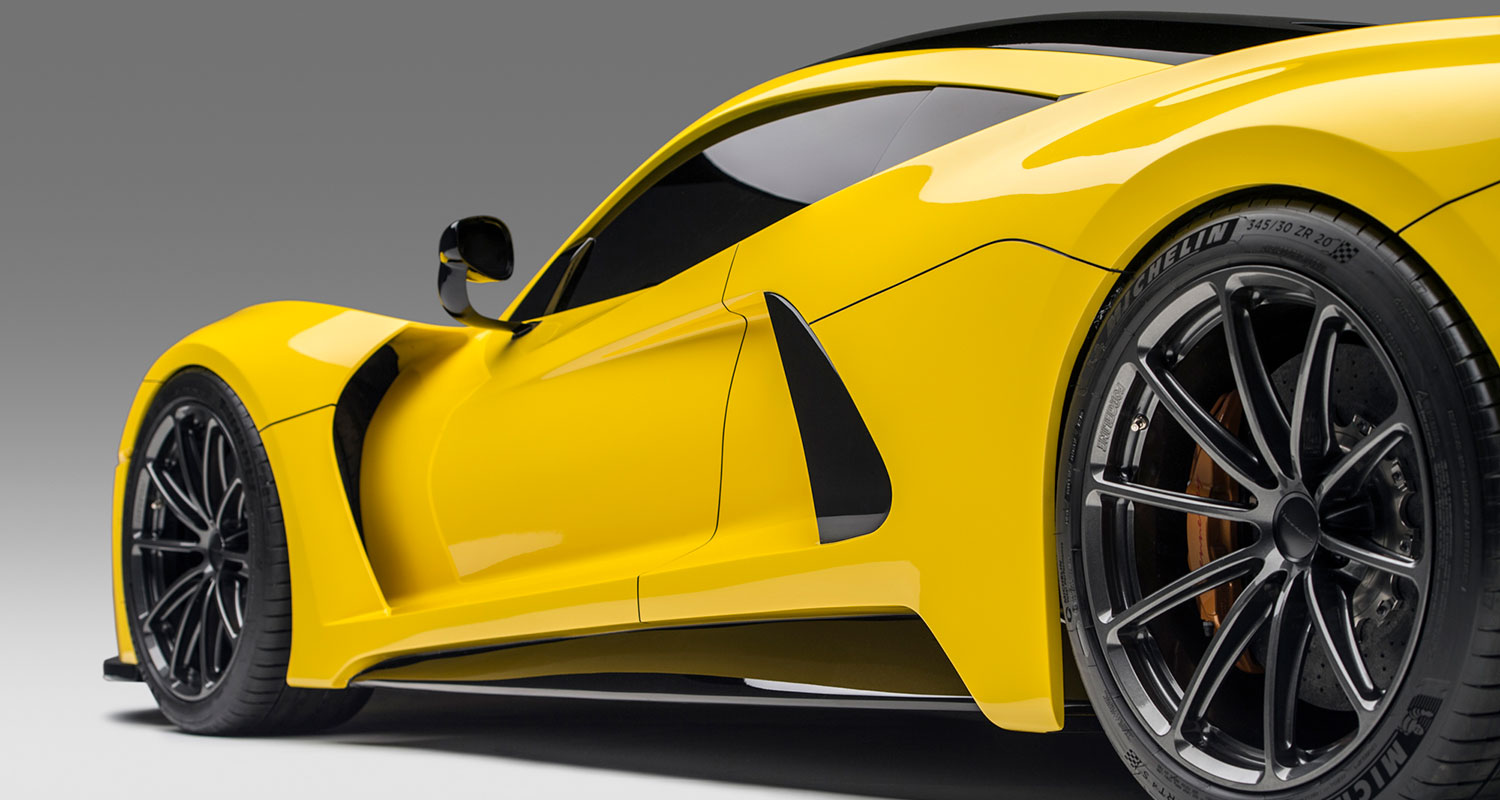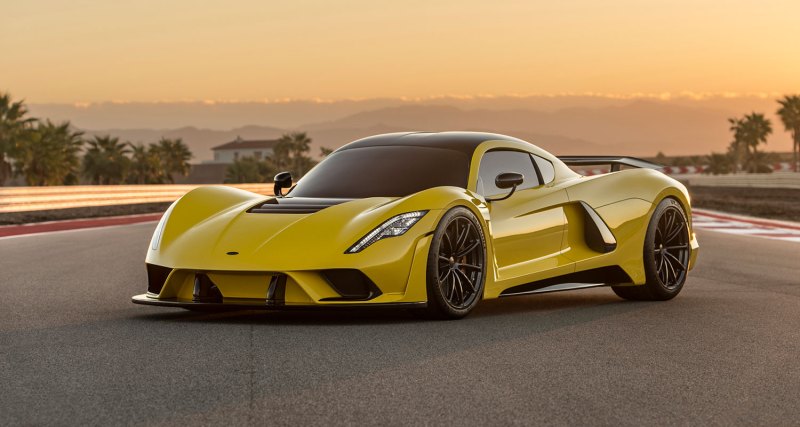If you were to ask a group of automotive historians what year the “supercar” was introduced to the world, you’d likely get a range of answers. Some would say the 1966 Lamborghini Miura started the ultra-high performance trend. Others might look a bit further into the future and claim the 1974 Lamborghini Countach really got things going, or at the latest, Ferrari’s 288 GTO of 1983.
There’s a case to be made for each of these cars and categories, but the largest number of enthusiasts argue it was the late ’80s and early ’90s (Ferrari F40, Porsche 959, Jaguar XJ220, McLaren F1, etc.) that saw the birth of the modern-day supercar. Defined loosely as a purpose-built performance machine with lofty benchmarks in acceleration, grip, top speed, and price, a

Thirty years later, supercars are no longer the pinnacle of four-wheeled performance. Hundreds of thousands of dollars will buy you a stupendously fast car, but not the ultimate in automotive engineering. “Hypercars” and “megacars” are the new elites, represented by vehicles like the Koenigsegg Regera, Bugatti Chiron, and Pagani Huayra. These cars would completely embarrass the supercars of decades past — and they keep getting more ludicrous. Case in point: Hennessey’s new Venom F5.
In a surprise unveiling at this year’s Specialty Equipment Manufacturers Association (SEMA) show, Texas-based performance tuner Hennessey took the wraps of its successor the Venom GT, the current record holder for production car top speed (270 mph). It’s clear the Venom F5 looks the part of a hypercar, but its claimed performance numbers create the impression of something truly monumental.

Powered by a twin-turbocharged V8, the Venom F5 will produce 1,600 horsepower sent to the rear wheels via a seven-speed single-clutch automatic transmission. So far, we’re on par with the 1500-horsepower Bugatti Chiron and Koenigsegg Regera. Here’s the kicker, though: The Venom F1 will accelerate to a top speed of 301 mph. That’s not a typo. Hennessey has announced this will be the first production car to exceed 300 mph. In addition, the F5 will be quicker to 186 mph than a Formula 1 car (less than 10 seconds).
Other important numbers include 0 to 240 mph acceleration of less than 30 seconds, curb weight of 2,950 pounds, a 0.33 coefficient of drag, and a price tag of $1.6 million.
If the tuner’s claims are founded in reality, the F5 represents an astounding benchmark for road-going vehicles — especially from a small-time manufacturer. Hennessey hasn’t announced when production will start, but we’d expect the first F5 examples to be built before the end of the decade.


















